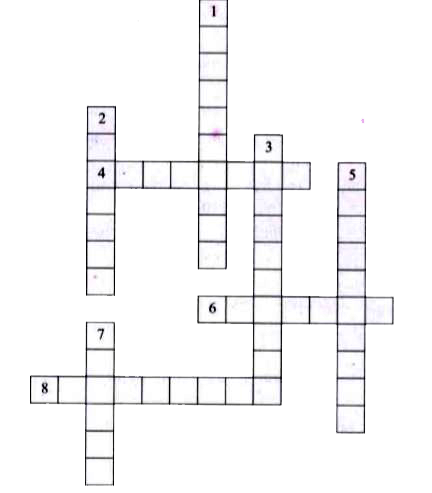Natural selection is the outcome of difference in survival and reproduction among individuals that show variation in one or more traits.
Reason : Adaptive forms of a given trait tend to become more common, less adaptive ones become less common or disappear.
If both the assertion and the reason are true and the reason is a correct explanation of the assertion
If both the assertion and reason are true but the reason is not a correct explanation of the assertion
If the assertion is true but the reason is false
If both the assertion and reason are false
The correct Answer is:A
According to Darwin theory of natural selection the organism that have favourable character of adaptation is selected by nature and pass on their character from generation to generation while unfavourable character that are not able to adapt itself get eliminated.
Similar Questions
Among the 15th group elements, as one goes from nitrogen to bismuth, the pentavalency becomes less pronounced and trivalency becomes more pronounced due to
View SolutionComplete the crossword puzzle using the clues given below:
Across
4. change in the inherited features of an organism over time 6. survival of individuals with the most adapted _____traits, selection 8. appearance of an inherited trait that makes an individual different from other members of the same species
Down
1. geographic speciation is also called 2. a group of organisms whose members look similar and successfully reproduce among themselves 3. a group of organisms of one species that lives in an area 5. a slow change of one species to another new species 7. developed the theory of evolution by natural selection

View Solution
Knowledge Check
Assertion (A) : Natural selection is the outcome of difference in survival and reproduction among individuals that show variation in one or more traits.
Reason (R ) : Adaptive forms of a given trait tent to become more common, less adaptive ones become less common or disappear.ABoth (A ) and (R ) are true and (R ) is the correct explanation of (A).BBoth (A ) and (R ) are true but (R ) is not the correct explanation of (A)C(A ) is true statement but (R ) is falseDBoth (A ) and (R ) are falseAssertion : Hybrid is formed by cross betwveen two organisms that are different in one, or more thar
Reason : Mendel crossed two plants differing in one trait to obtain F1 plants which is monohybrid crossABoth A and R are true and R is the correct explanation of A.BBoth A and R are true but Ris not correct explanation of ACA is true but R is falseDA and R are falseAssertion : Best adapted and less adapted individuals reproduce at the same rate.
Reason: Natural selection favour them equally.AIf both Assertion and Reason are true and Reason is a correct explanation of AssertionBIf both Assertion and Reason are true but Reason is not a correct explanation of Assertion.CIf Assertion is true but Reason is falseDIf both Assertion and Reason are false
Match column I with column II and select the correct option from the codes given below.
Column IColumn IIMutation(i)Changes in population's frequencies due to chance aloneGene flow(ii)Differences in survival and reproduction among variant individualsNatural selection(iii)Immigration, emigration change allele frequenciesGenetic drift(iv)Source of new alleles
View SolutionWhich of the following statements about natural selection are correct?
(i) Tends to increase the characters that enhance survival and reprocution
(ii) Inviduals with better adaptive ability leave more progeny
(iii) Was considered as mechanism of evolution by Darwin
View SolutionWhich of the following are necessary for evolution by natural selection to take place?
(i) Offspring resemble their parents more than other individuals in the population.
(ii) Differences among individuals exist and lead to different numbers of successful offspring being produced.
(iii) Individuals adjust their development depending on the enviorment
(iv) Every individual possess enormous fertillity.
View SolutionAssertion (A): Graben is a major relief feature resulting from the faulting activities. It is, in fact, a valley or narrow trough bounded by one more parallel faults.
Reason (R) : Block of the earth's crust may be relatively raised or lowered between more or less parallel faults. The lower part known as graben is formed due to the subsidence of middle part between two normal faults.
View SolutionOxygen differs from the other elements of the group. Compounds of oxygen with metals are more ionic in nature and hydrogen bonding is more important for oxygen compounds. Oxygen is never more than divalent beacasue when it hs formed two covalent bonds, there are no low energy orbitals which can be used for form. further bonds. However, the elements S,Se,Te and Po have empty d- orbitals which may be used for bonding, and they can form four or six bonds by unpairing electrons. The higher oxidation states become less stable on decending the group.
The bond between S and O, or Se and O, are much shorter than might be expected for a single bond owing to ρπ−dπ interaction between the p- orbital of oxygen and d- orbital of S or Se.
Which one of the following orders represents the correct order for the properties indicated against them?
View Solution
